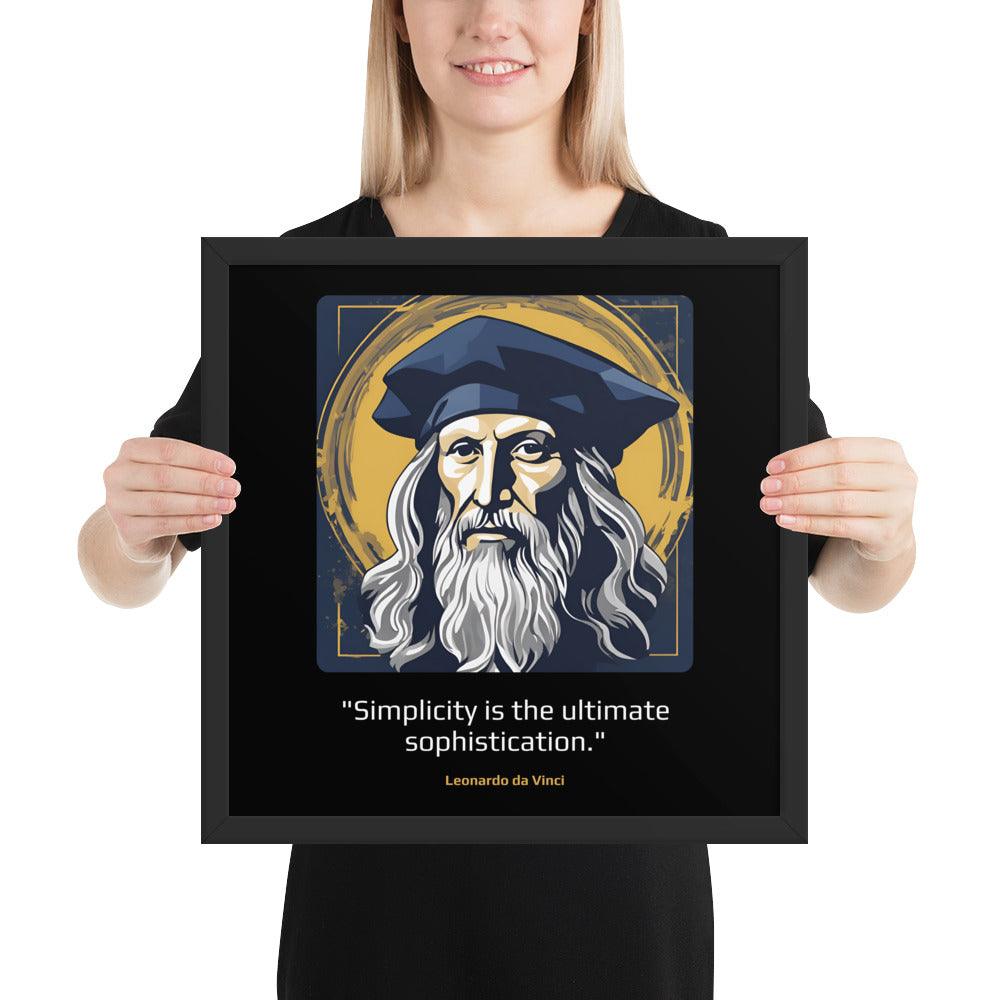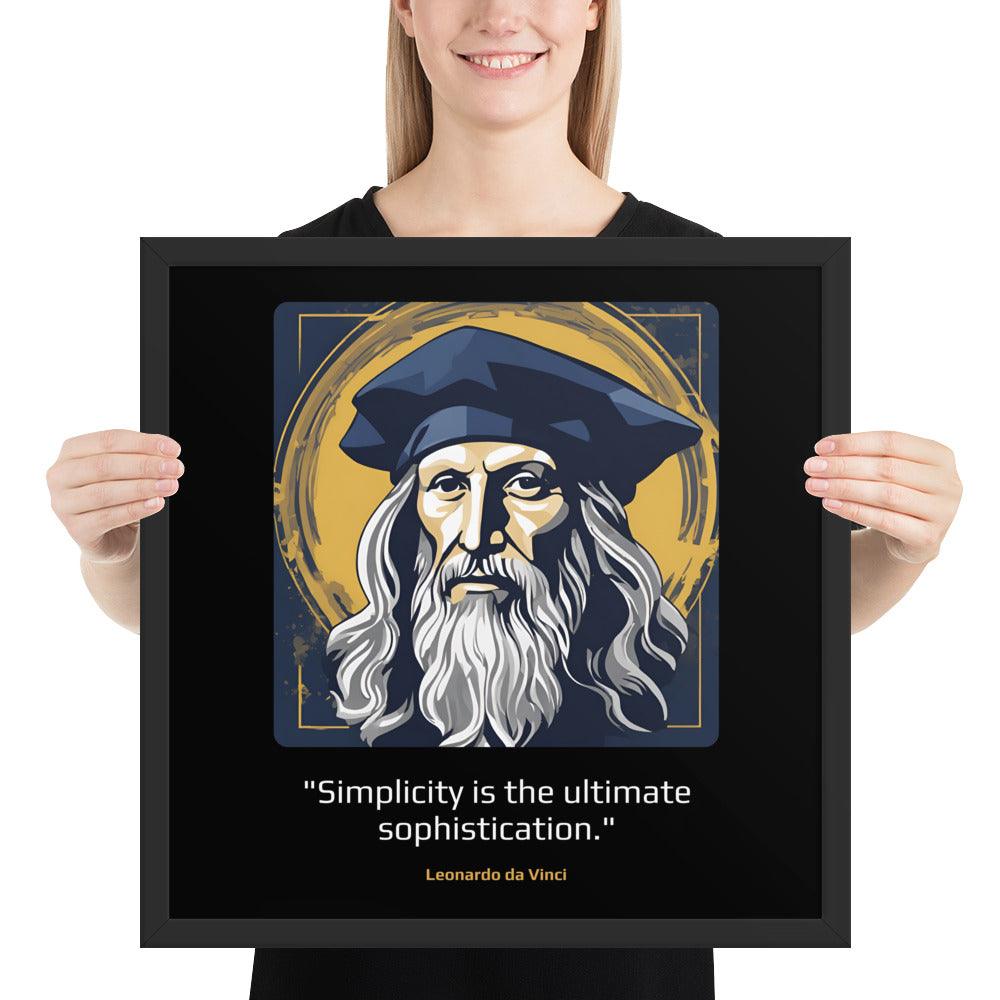Martin Scorsese
1942-Present
Martin Scorsese is a legendary American filmmaker and historian, renowned for his impactful and innovative contributions to cinema. With a career spanning over five decades, he directed some of the most critically acclaimed films in history, known for their gritty realism, complex characters, and dynamic storytelling.
Beginnings
Martin Charles Scorsese was born on November 17, 1942, in Queens, New York City. Raised in a devoutly Catholic family in the neighborhood of Little Italy, Scorsese developed an early passion for film. His experiences growing up in a working-class immigrant community significantly influenced his thematic focus on morality, identity, and the human condition. Scorsese pursued his passion for filmmaking at New York University’s Tisch School of the Arts, where he honed his craft and developed his distinctive style. He once said, "Cinema is a matter of what's in the frame and what's out," highlighting his meticulous attention to detail and narrative focus.
Prime Years
Scorsese's prime years were marked by a series of groundbreaking films that redefined American cinema. His breakthrough came with "Mean Streets" (1973), a gritty portrayal of life in New York’s Little Italy, followed by "Taxi Driver" (1976), a disturbing exploration of urban alienation and violence that won the Palme d'Or at Cannes. His collaboration with actor Robert De Niro became one of the most iconic director-actor partnerships in film history.
Scorsese’s exploration of American life continued with films like "Raging Bull" (1980), a biographical drama about boxer Jake LaMotta, which is often hailed as one of the greatest films ever made. He also directed "Goodfellas" (1990), a masterful depiction of the rise and fall of a mob associate, and "Casino" (1995), a detailed look at the underbelly of Las Vegas.
Throughout his career, Scorsese demonstrated an exceptional ability to blend raw storytelling with technical prowess. His films are known for their dynamic camerawork, compelling narratives, and profound character studies. Reflecting on his approach, Scorsese said, "The most personal is the most creative," emphasizing the importance of personal experience and authenticity in art.
Legacy
Martin Scorsese’s legacy is one of profound influence on the art of filmmaking. His contributions to the industry have earned him numerous awards, including an Academy Award for Best Director for "The Departed" (2006), and multiple Golden Globes and BAFTAs. Beyond his accolades, Scorsese's impact is seen in the countless filmmakers who cite him as an inspiration and the enduring popularity of his films.
Scorsese is also a passionate advocate for film preservation and education, founding The Film Foundation in 1990 to protect and preserve the world’s cinematic heritage. His dedication to the craft extends to his roles as a historian and mentor, nurturing the next generation of filmmakers. As he put it, "Cinema is a matter of what's in the frame and what's out," underscoring his lifelong commitment to the artistic integrity of film.
Scorsese’s films have left an indelible mark on popular culture and continue to be celebrated for their boldness, depth, and innovation. His ability to capture the complexities of the human experience and the nuances of American society ensures that his work will be studied and appreciated for generations to come.
Leadership quotes by Martin Scorsese

Who Said It
Martin Scorsese
(1942-Present)
Martin Scorsese is a legendary American filmmaker and historian, renowned for his impactful and innovative contributions to cinema. With a career spanning over five decades, he directed some of the most critically acclaimed films in history, known for their gritty realism, complex characters, and dynamic storytelling.











































